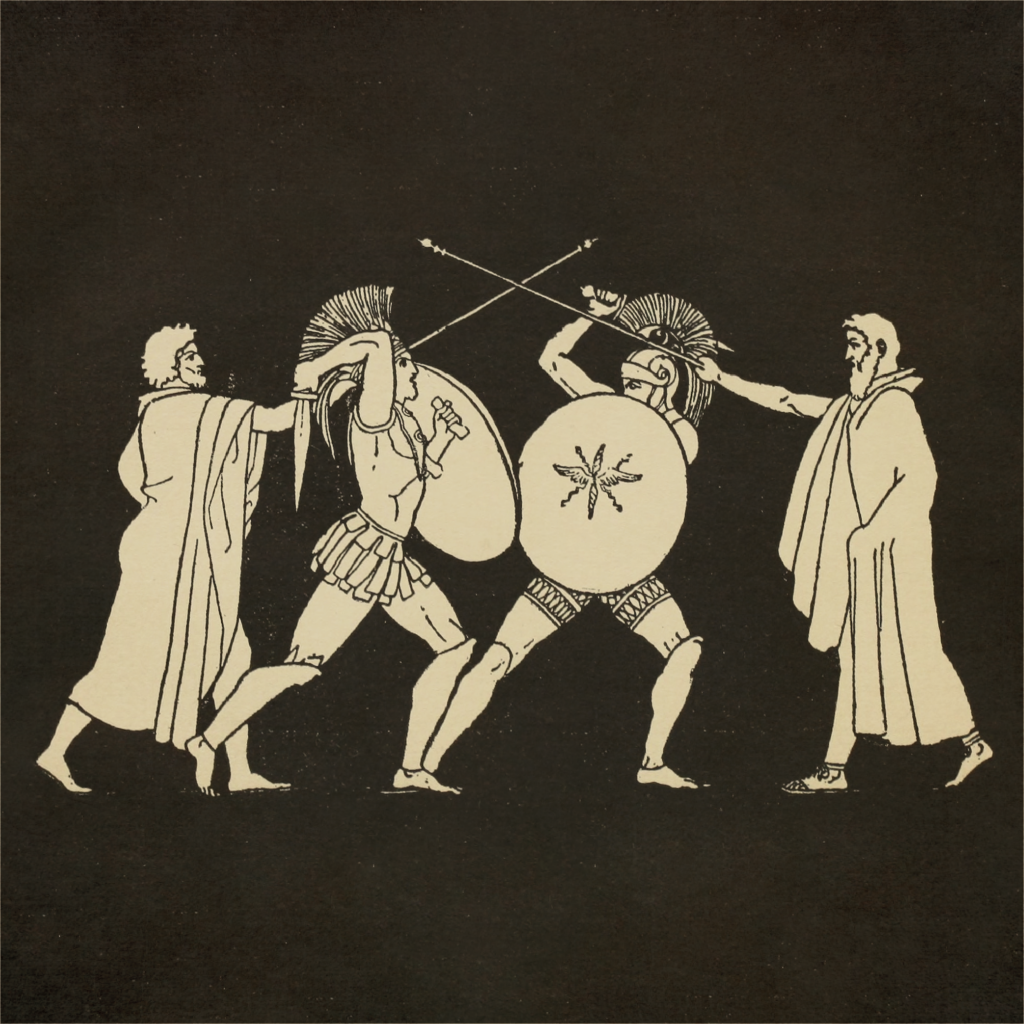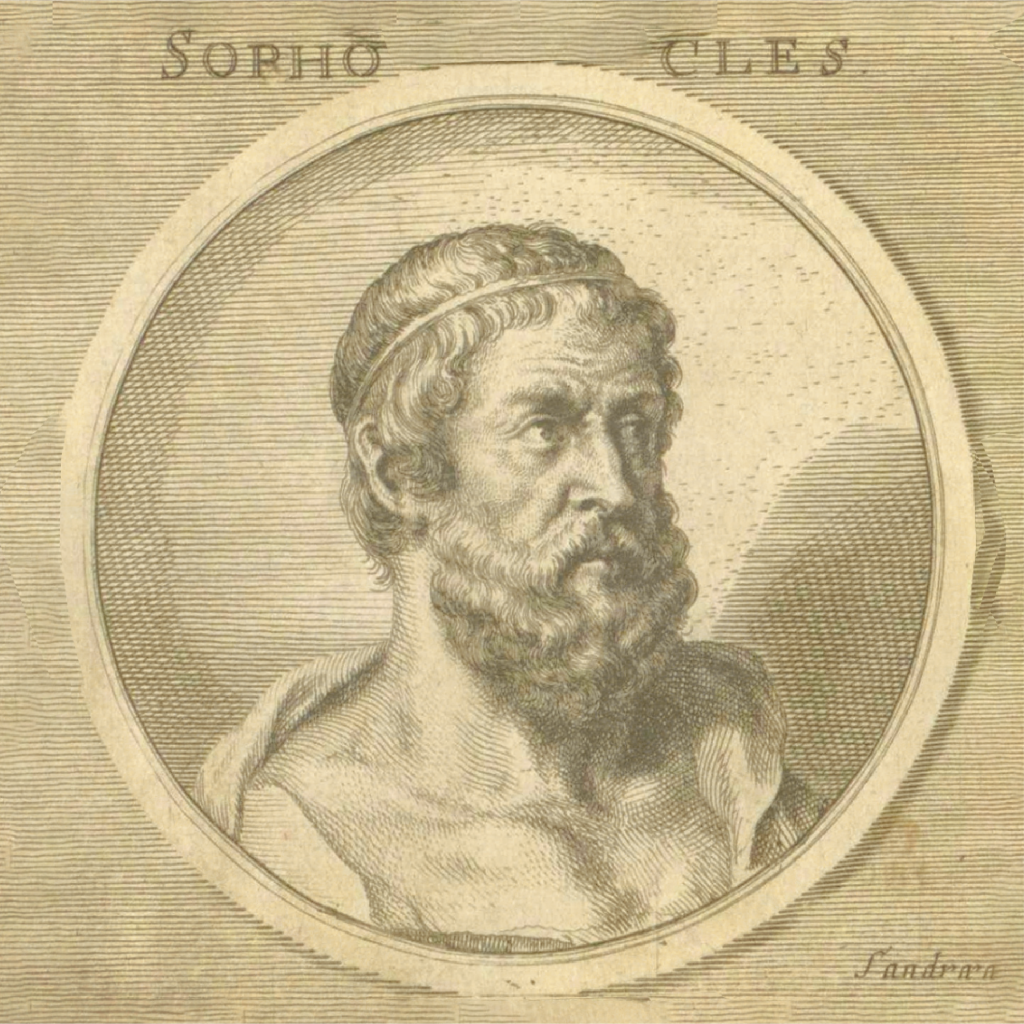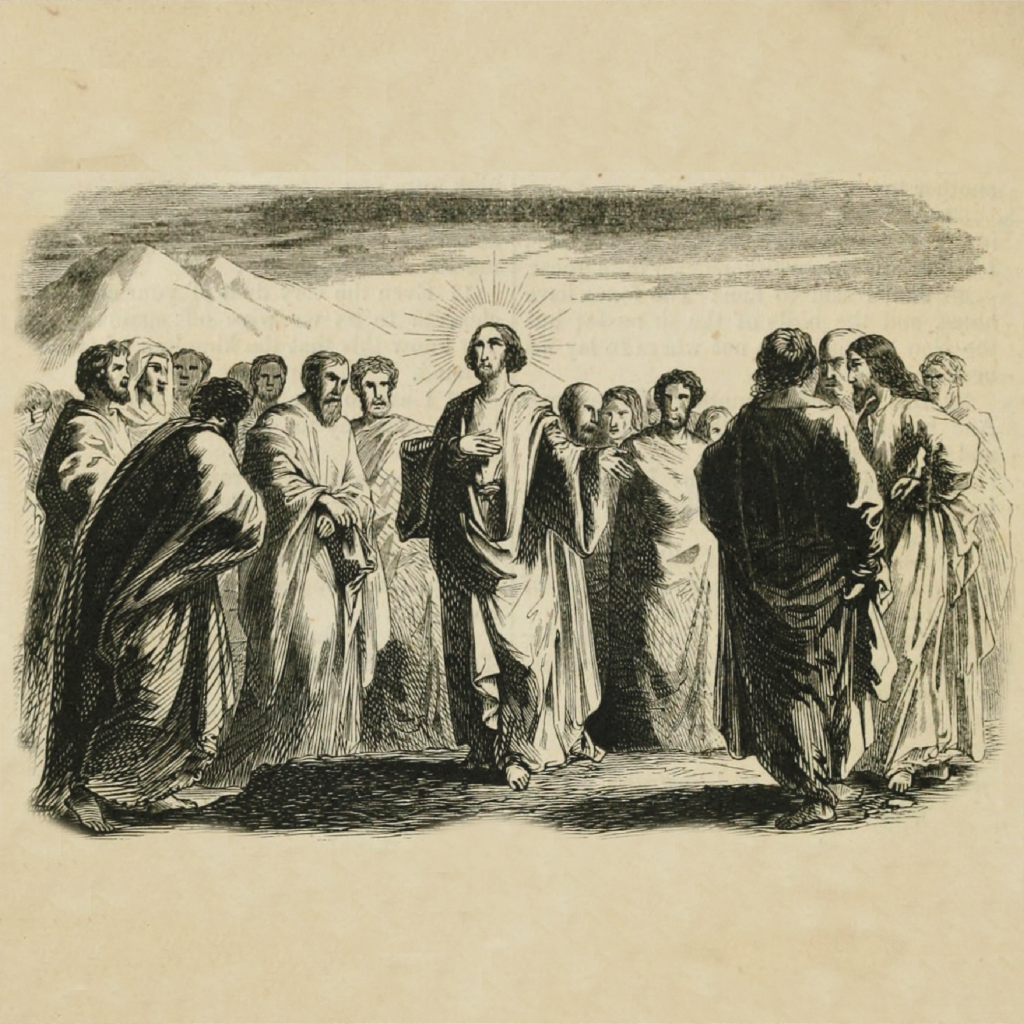Learn Attic Greek. Learn fast, have fun.
Does learning Greek sound intimidating? Native English speakers think of it as being especially tricky. We even use Greek as a reference point for things that are cryptic or undecipherable (“It’s all Greek to me!”).
It doesn’t have to be this way. You can have fun learning Attic Greek – commonly known as Classical Greek – and make rapid progress.
But not with the usual methods.
Using our cutting-edge, interactive digital textbook and live online classes, students will experience Greek as a beautiful ancient language with a long and vibrant history – not a dusty relic.
Whatever your age, education level, and goals, we’ll help you make the perfect plan to master Classical Greek. It’s time to retire the old myth that Greek is too hard to learn!
What Level of Classical Greek Student Are You?

Beginner
This course is ideal for students with no prior Greek experience. Read, write, and speak in Greek from day one. You’ll learn grammar and vocabulary with an interactive digital textbook and meet in a live online class.

Intermediate
This course is best for students who have some Greek experience but aren’t comfortable reading primary Greek sources. Take your comprehension to the next level. By the end of this course, you’ll be reading texts with ease!

Advanced
This course is designed for students with at least two years of Greek under their belts. Students will customize their own curriculum and choose texts that interest them. This course equips you for independent study!
How We Teach Attic
In most Greek courses, you’d sit through weeks, or even months, of rote memorization before ever reading texts. Even then, the texts would be short and dull, and they’d take a back seat to paradigms, vocabulary, and grammar. Too many students complete a course with only a set of “conversion formulas” to show for it, and they think they’ve learned Greek!
That’s like forcing you to memorize a cookbook before you’ve ever set foot in a kitchen.
We’re confident there’s a better way.
We think proficiency in Greek requires reading early, much, and often. In our courses, you start reading Greek as soon as possible, and reading, not rote memorization, is the priority.
That’s our recipe for success. And that’s why the Ancient Language Institute exists.
†††

Jonathan Roberts, Founder and Director of the Ancient Language Institute
"Imagine reading one of the great Greek tragedies, a masterpiece by Sophocles or Euripides, and being moved to tears – except this time, it’s not because the translation is so appalling. This time you’re struck by the beauty of the language. You’re reading it in Attic! Students often avoid Greek or try to get by with as little as possible, thinking it’s a hopelessly difficult language. Most courses don’t help. Traditional approaches teach Greek as if it’s a code that can only be cracked with grammar and declension tables. ALI does things differently: We get students reading and enjoying real texts so that they can gain fluency as soon as possible."
†††
ALI’s Natural Method
The ALI curriculum is built around Active Pedagogy and Comprehensible Input.
- With Active Pedagogy, language students learn by reading, writing, and speaking the target language from the beginning. Memorization of vocabulary, grammar rules, and other critical material happens dynamically with fun and interesting texts.
- With Comprehensible Input, language students read texts at a level they can understand and enjoy. They digest entire stories from beginning to end without having to run to a dictionary. This creates prolonged exposure to the language and compels the brain to employ it ahead of understanding — which is how everybody learns their first language as infants! And this is the only way to acquire fluency.
†††
The Eras of Ancient Greek (You Can Learn Them All)



ARCHAIC
CLASSICAL
KOINE
The differences between the various forms of Ancient Greek: Archaic, Classical, and Koine, are overstated. Whether you aim to learn how to read Homer’s epic poems, the drama and philosophy of Athens, or the various treasures of Koine – anything from the Bible to the poetry and history of the Hellenistic Age – the Ancient Language Institute will prepare you for it.
Our Beginner and Intermediate Courses prepare future Greek scholars of any time period. Starting in the Advanced Course, you can choose an era to specialize in and continue that area of study into your Expert-level courses.
What You Can Expect
At the introductory level, all students receive a license to our interactive digital textbook, which helps you learn grammar and vocabulary using our natural method. At every level, classes happen through live online meetings. Our Fellows present lessons, oversee exercises, and facilitate readings and discussions. You’ll get a chance to interact with our faculty and other motivated, diligent learners.
Since our goal is to help you read Classical Greek fluently, we’ll get you reading Greek texts as quickly as possible. And even though no one speaks Attic Greek as a native tongue anymore, you’ll learn to speak it. We encourage speaking in our Latin, Koine, and Attic Greek classes because of how helpful we have found it to be in building all-around linguistic fluency. Speaking aids reading, and vice versa.
But you don’t need the gift of tongues to acquire Greek. In fact, you don’t need any special talent or even an innate aptitude for languages — just good study habits and time. That’s all our students need to excel and meet their language goals, and it’s all we expect of them.
The ALI Promise
We promise to be a student-first educational institution. Here’s what that means:
- We build class schedules only after you sign up. This way, we can work around your calendar and commitments. (And yes, no matter the time zone. Our student body is spread across the world.)
- We’re here to meet your goals — not the other way around. We conduct individual consultations with all new or prospective students so that we meet your personal language goals, whatever they might be.
- We only assign work that’s useful for achieving fluency as fast as possible. Our methods represent the leading research on second-language acquisition. With ALI, you begin to read, acquire, and understand Greek from day one.
What is Classical, or Attic, Greek?
Attic Greek was the dialect of Greek spoken in and around the ancient city-state of Athens. A minor player in the Mediterranean, Athens rose to prominence in the 6th and 5th centuries BC, transforming into the cultural and intellectual epicenter of the ancient world. Athens was the cradle of democracy and the birthplace of some of the greatest literature and philosophy ever crafted. The ideas that came out of Athens – written in Attic – changed the course of civilization.
The playwrights Aeschylus, Sophocles, Euripides, and Aristophanes composed in Attic, as did the historians Thucydides and Xenophon. It was the medium for Plato’s dialogues and Aristotle’s treatises. Attic became the standard Greek dialect for writing, and Alexander the Great spread it far across the ancient world through his conquests.
Technically, Attic refers to a dialect (i.e., a regional variant) rather than a time period. Other dialects – such as Ionic, Doric, and Aeolic – were still in use during Greece’s Classical Period. But since Attic became so illustrious and widespread, dwarfing its competitors, it came to define the era. That’s why today we think of it as Classical Greek.
Attic is a favorite starting point for Greek students. Not only does it represent a wealth of ancient texts, but it serves as a convenient springboard to Koine, the marketplace Greek in which the Septuagint and New Testament would be written – or to the Ionic dialect of the early poets Homer and Hesiod.
†††
Who Should Learn Classical Greek?
The offerings of Classical Greek are broad and deep enough to satisfy students of nearly any discipline. Whether you want to read primary philosophical texts, study Greek theater, delve into rhetoric, or peruse ancient histories, Attic has something for you.
If you’re a Bible student focusing on Koine Greek, why not invest a little more time in learning Attic? Not only are the differences between the two exaggerated – you can easily move from Attic to Koine and back again – but exposure to Attic writings will give you valuable insight into the classical training of the Apostle Paul and his contemporaries. Next time you read the Epistles, you might even catch an allusion to Classical Greek thought.
In fact, we recommend that every student interested in Koine learn Attic Greek (and vice versa!).
Whatever your goals, ALI will teach you the spectrum of Ancient Greek so that you can fluidly navigate different genres and eras.

Greek Vocabulary
We use a vocabulary learning platform to introduce students to new Greek terms. This software combines images and sounds with the target term, always used in a memorable context.
The combination of sounds and images allows students to quickly and enjoyably understand Greek words in the way Attic writers used them. Our vocabulary learning platform is what flashcards want to be when they grow up!

Greek Grammar
In most Greek courses, students are so burdened by grammar that reading becomes a chore instead of a pleasure. In contrast, ALI’s approach sets students up to encounter grammar in such a way that they can digest and enjoy large volumes of content in Attic.
Our Greek grammar platform grants students access to short lectures on Greek grammar that are characterized by clear explanations and helpful images. You’ll also complete intuitive drill exercises that creatively combine sounds and images.

Active Pedagogy
All of our classes are live online sessions. Learning a language with other people, with the right mix and sequence of materials, makes ALI classes energizing and productive. In class, students revisit the vocabulary and grammar they’ve studied that week in fresh and creative ways, preparing them to read their assigned texts with ease.
In every session, students are exposed to additional comprehensible input in a way that facilitates active engagement with Attic. One of the best ways to acquire the language is through speaking and writing, so students will also learn to compose and speak in Classical Greek.

Comprehensible Input
The work of one of our heroes, the linguist Stephen Krashen – who makes all of his research available for free – has convinced us that students acquire languages through extensive exposure to comprehensible input.
What does that mean? Basically, the more information you encounter in the target language, the faster you’ll learn. For our introductory course we’ve put together a sequence of readings that will allow you to enjoy large portions of Greek with ease and success (and without a Greek dictionary)! And that’s just the introductory course.
Why wait? Classical Greece is ready to yield its gems when you join one of our Attic courses.
